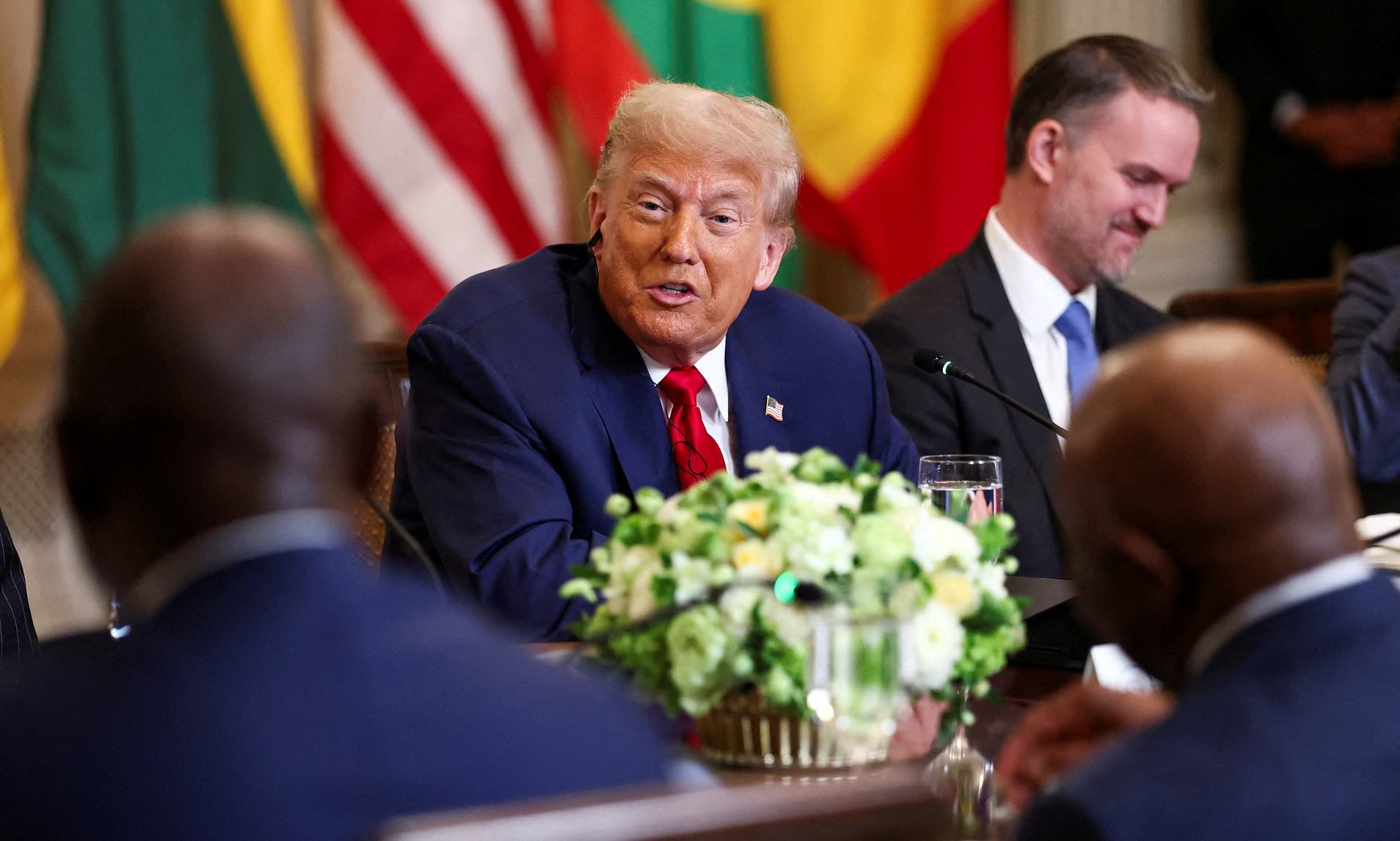Legal Challenge to Trump’s Birthright Citizenship Policy Gains Momentum
A significant legal setback has been dealt to former President Donald Trump’s efforts to end birthright citizenship in the United States. On Thursday, a federal judge in New Hampshire ruled to certify a class action lawsuit that challenges the policy and issued a preliminary injunction to block its implementation. This decision marks a pivotal moment in the ongoing debate over the interpretation of the 14th Amendment.
The lawsuit was filed on behalf of all children who would be affected by Trump’s executive order, which sought to deny U.S. citizenship to individuals born to parents living in the country illegally or temporarily. The case was brought by a pregnant woman, two parents, and their infants, highlighting the personal stakes involved for families impacted by the proposed policy.
Judge Joseph LaPlante, a nominee during the presidency of George W. Bush, stated that his ruling would include a seven-day stay to allow for an appeal. This period gives both sides time to prepare for further legal proceedings. While the original scope of the lawsuit was broader, it has since been narrowed to focus specifically on the children rather than including parents in the matter.
This case is one of several legal challenges aimed at overturning Trump’s January executive order. The plaintiffs are represented by the American Civil Liberties Union (ACLU) and other advocacy groups. These organizations argue that the policy contradicts long-standing principles of American law and social norms.
At the heart of the dispute lies the 14th Amendment to the U.S. Constitution, which states: “All persons born or naturalized in the United States and subject to the jurisdiction thereof, are citizens of the United States.” The Trump administration interprets the phrase “subject to the jurisdiction thereof” as granting the government the authority to deny citizenship to babies born to non-citizens who are in the country without proper documentation.
This interpretation contrasts with the traditional understanding of the amendment, which has historically ensured that anyone born on U.S. soil is automatically granted citizenship, regardless of their parents’ immigration status. Opponents of the policy argue that this change would disrupt the fundamental principle of birthright citizenship and create uncertainty for families.
Several federal judges had previously issued nationwide injunctions to prevent the executive order from taking effect. However, the U.S. Supreme Court limited these injunctions in a June 27 ruling, giving lower courts 30 days to act. In response to this development, opponents of the policy swiftly returned to court to seek further legal protection.
The outcome of this case could have far-reaching implications for immigration policy and the rights of children born in the United States. As the legal battle continues, the issue remains a focal point for debates on citizenship, immigration, and constitutional law.
With the preliminary injunction in place, the next steps will involve appeals and potential rulings from higher courts. The case underscores the complex interplay between executive power, judicial oversight, and constitutional interpretation in shaping the future of American immigration policy.







